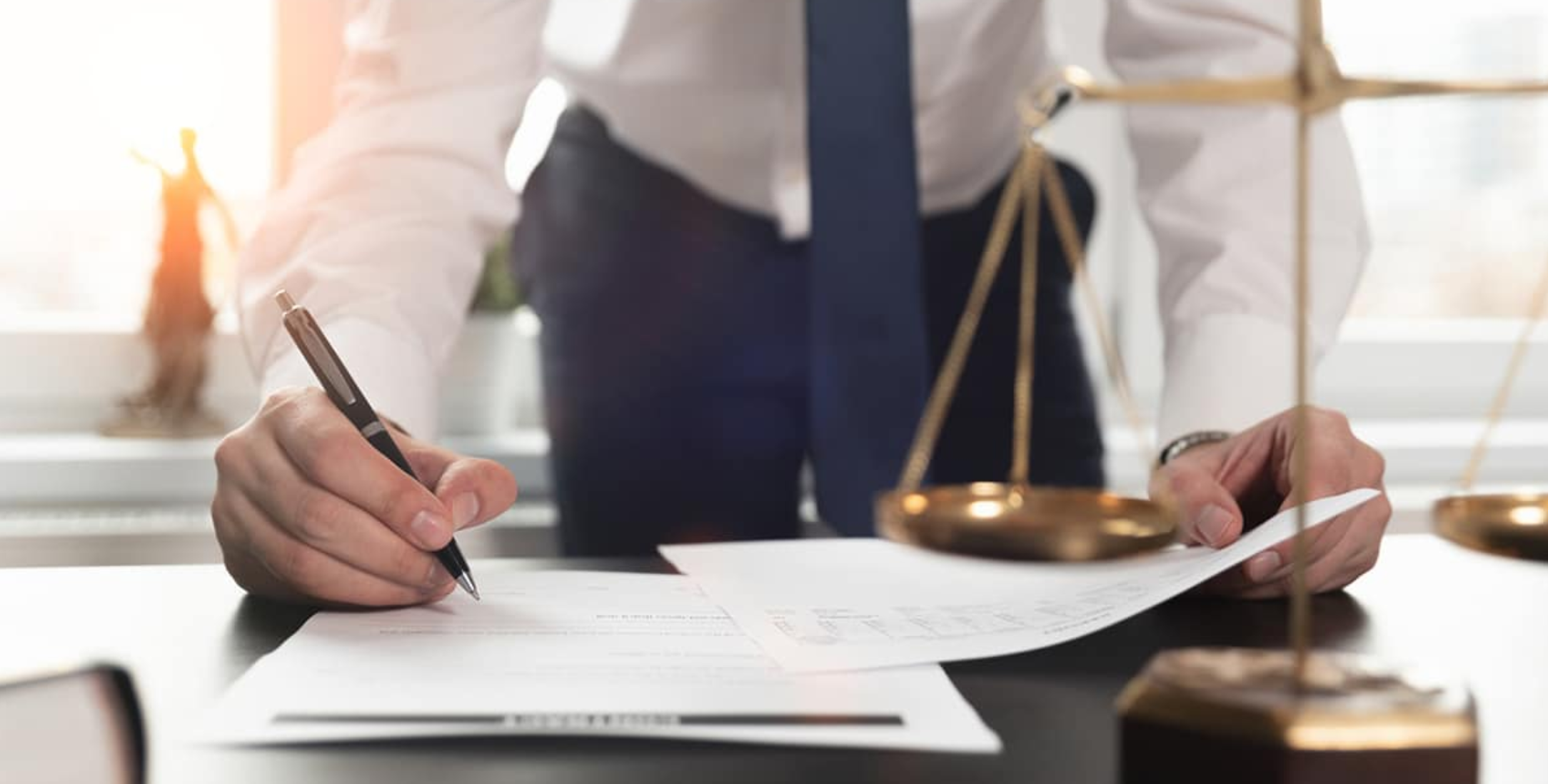Everyone falls on hard times at some point in their lives. However, everyone is not always as fortunate as others to overcome them. In times of financial crisis, the last thing on your mind may be to consider bankruptcy. Though that is a viable option for many people, before you hire a bankruptcy attorney Howard County MD, consider the following suggestions on lowering your debt.

Eliminate the Nonessentials
One of the very first things you should do when dealing with unexpected expenses is to eliminate all unnecessary spending. This may require you to revise your routine as you’ll be bringing your own coffee and homemade lunches to work. Assess your lifestyle and if you can’t eliminate certain spending needs completely, try cutting back on them as much as possible.
Create a Budget
In order to control your spending, you need to know how much your monthly expenditures are. List each of your bills. Be sure to distinguish which are essential to your livelihood and which are from credit cards and nonessentials. Tally everything up and come up with a reasonable amount that is required for your monthly essentials. Determine how much your debts are, what you should be contributing, and what you can realistically put towards them each month.
Explore Options
If you are currently working one job, consider getting a side gig or two to help you cover your financial obligations. If working more is not an option, there are lending solutions available. If taking out a short-term loan or borrowing from friends and family are not options, you should seek professional assistance from a financial expert.
It is not always easy dealing with financial problems, especially when they occur out of the blue. As long as you stay calm and consider all possible solutions, you’ll find some kind of relief. Don’t forget to stay mindful of your financial habits and spend responsibly.
